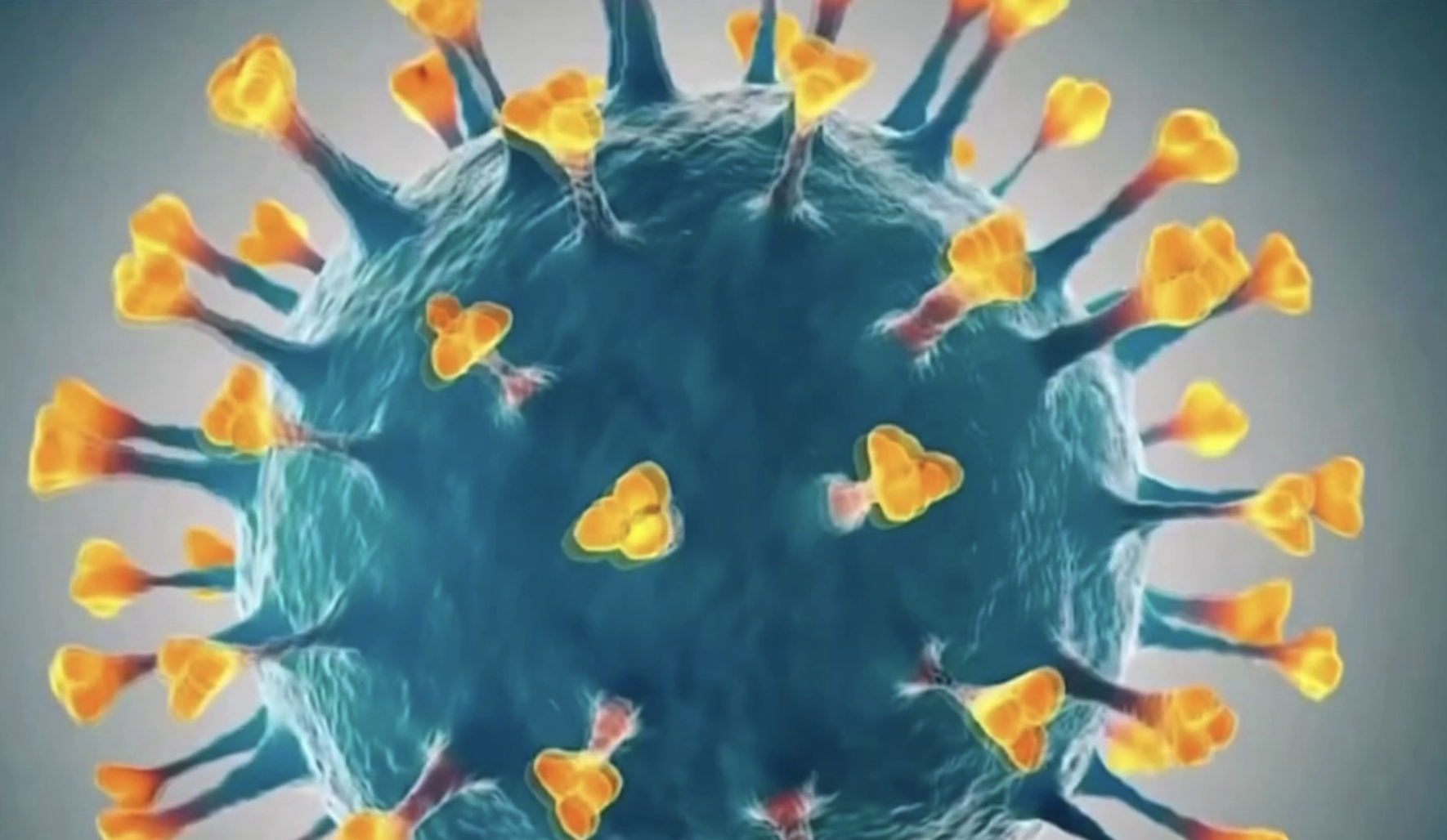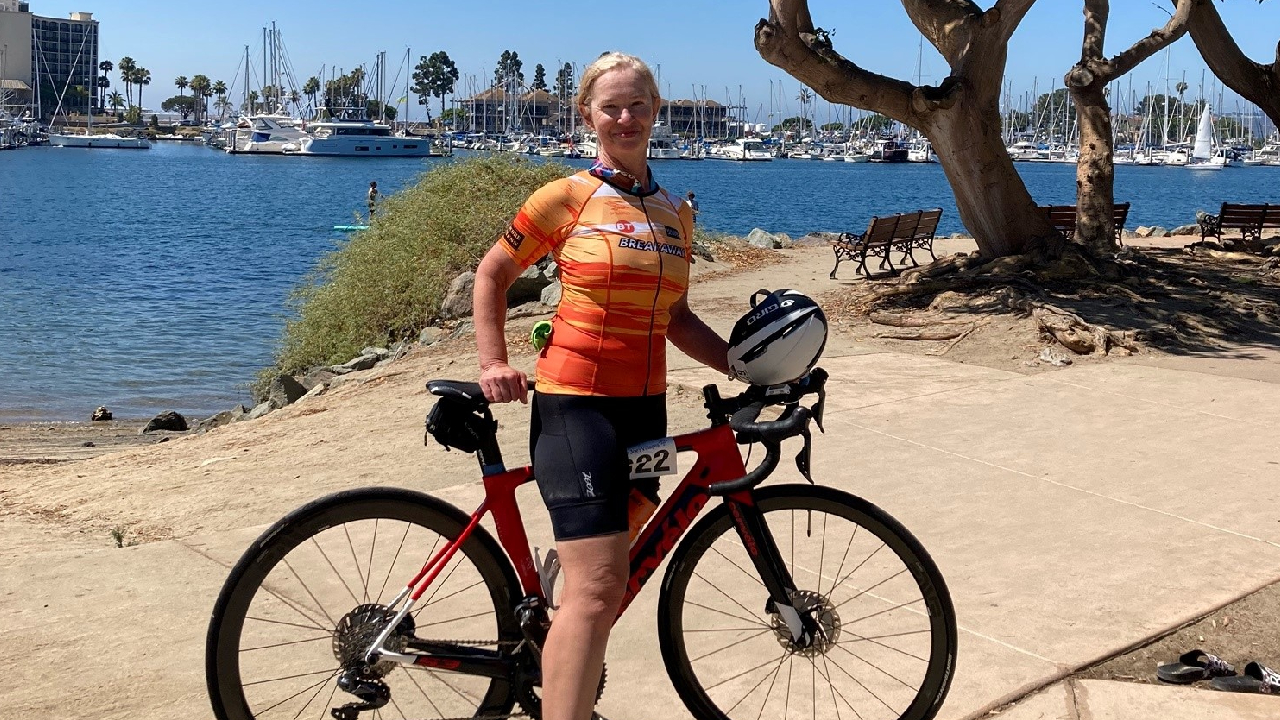How do you make sure you’re no longer contagious? There are guidelines from the Centers for Disease Control, but they're complicated.
How Long Should I Isolate If I Have COVID?
According to the CDC, patients need to isolate for at least five days. On Day 6, then can end isolation if symptoms have improved and they have been fever-free for at least 24 hours without taking fever-reducing medicine.
The CDC considers Day 1 of your isolation the day after you start feeling symptoms or test positive.
Get top local stories in San Diego delivered to you every morning. Sign up for NBC San Diego's News Headlines newsletter.
Coronavirus News
Should I Test Negative on a Rapid Test Before Ending Isolation?
The CDC says it’s optional but doesn’t say that it’s mandatory to have a negative test to end isolation.
Still, some experts, like Dr. Christopher Longhurst, chief medical officer with UCSD Health, thinks rapid at-home tests should be a good indicator on whether you should end isolation, especially if you’re not vaccinated or still have symptoms.
“It can be helpful as a proxy indicator for infectivity or contagiousness," Longhurst said. "So, testing negative is a good sign that you are no longer contagious.”
The CDC said that if the rapid test is positive after the five-day isolation period, you should continue to isolate for a full 10 days.
Should You Take Another Rapid Test If the First One Is Negative?
The CDC says you don’t have to. For people with special concerns about passing along the virus, experts say an extra test is not a bad idea
When Should You Take a PCR test vs. a Rapid At-Home Test?
A PCR test detects even the smallest amounts of COVID-19. They're more useful early on to see if you are COVID-positive but they're not as good as rapid tests to determine whether you're contagious.
Longhurst agrees: “The PCR test could be positive for weeks or even months afterward, so its really not useful at all as a sign of infectiousness.”
The CDC says, even if you test negative, wear a mask through Day 10 if you're home with family members or in public. Don’t travel.
Every person and every case of COVID is different, Longhurst said. The CDC guidelines offer a general framework, but patients should consider their circumstances and priorities to assess risk and talk to their doctor.



